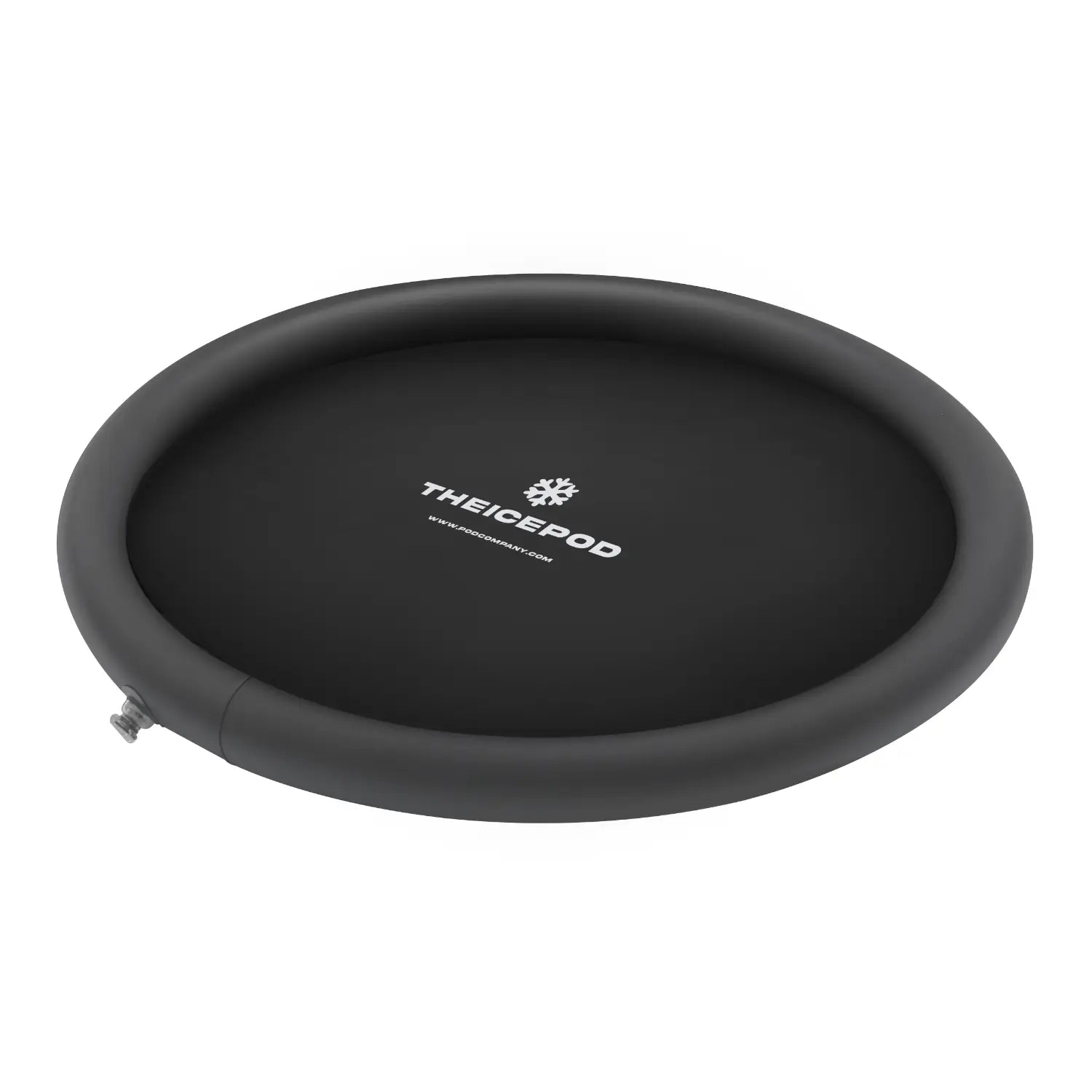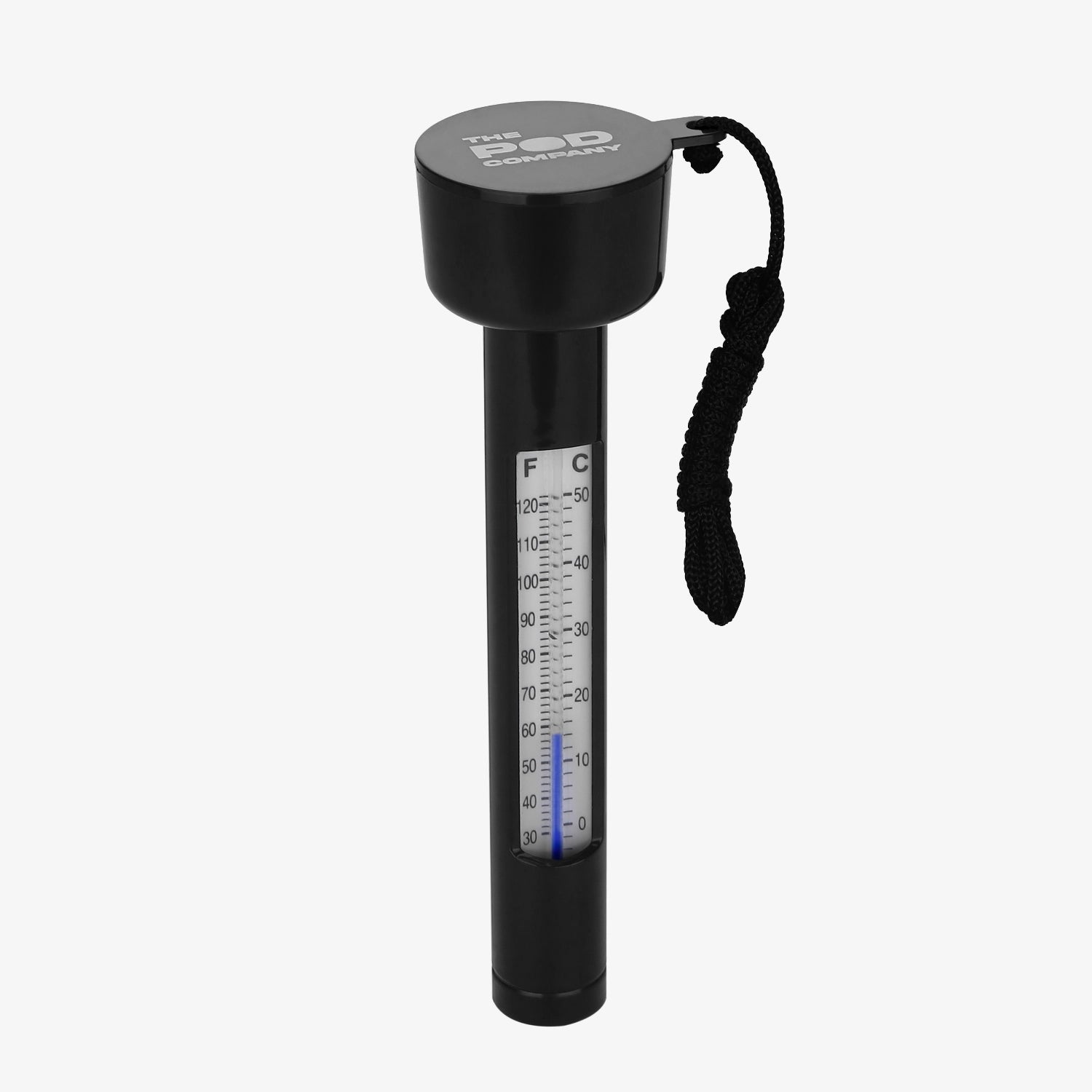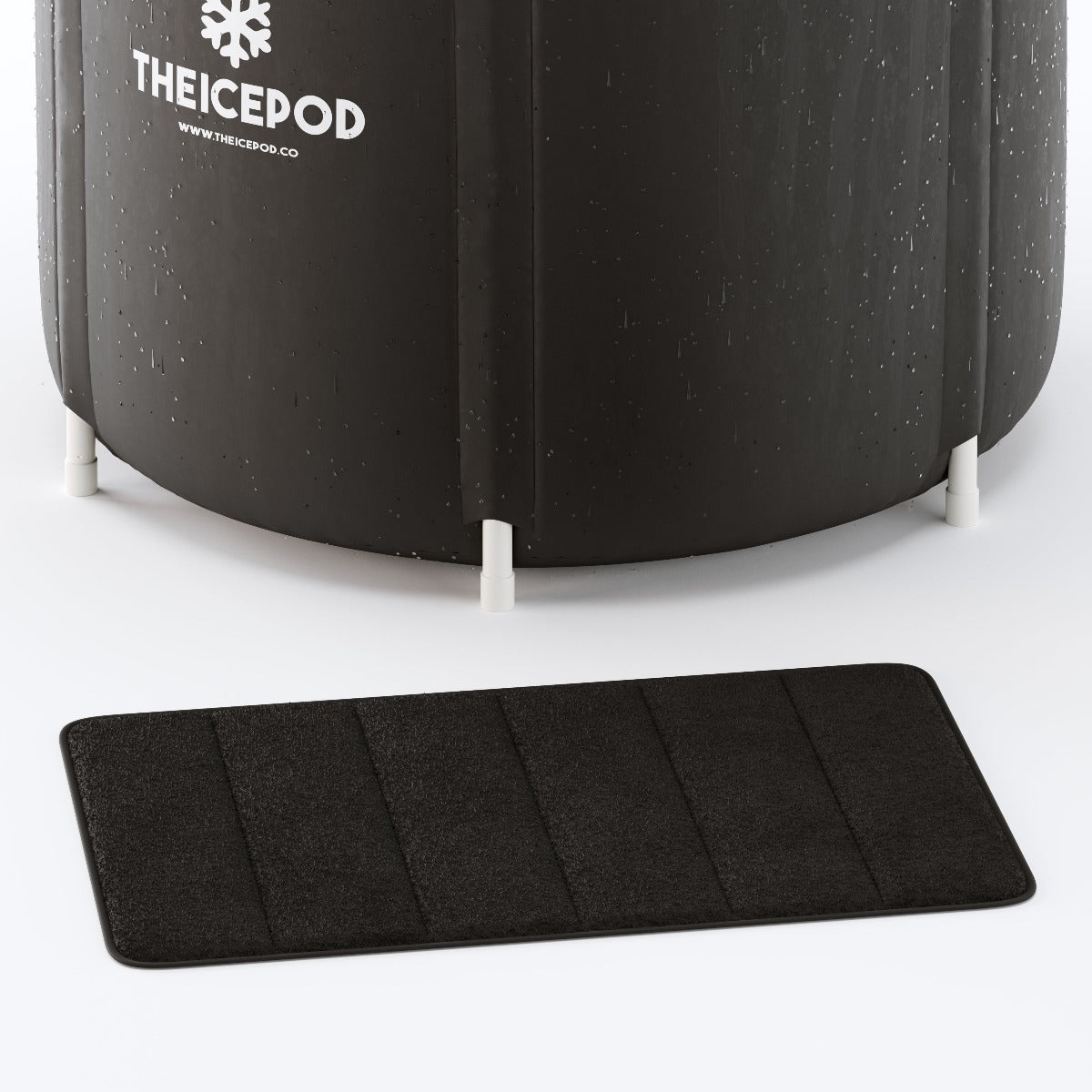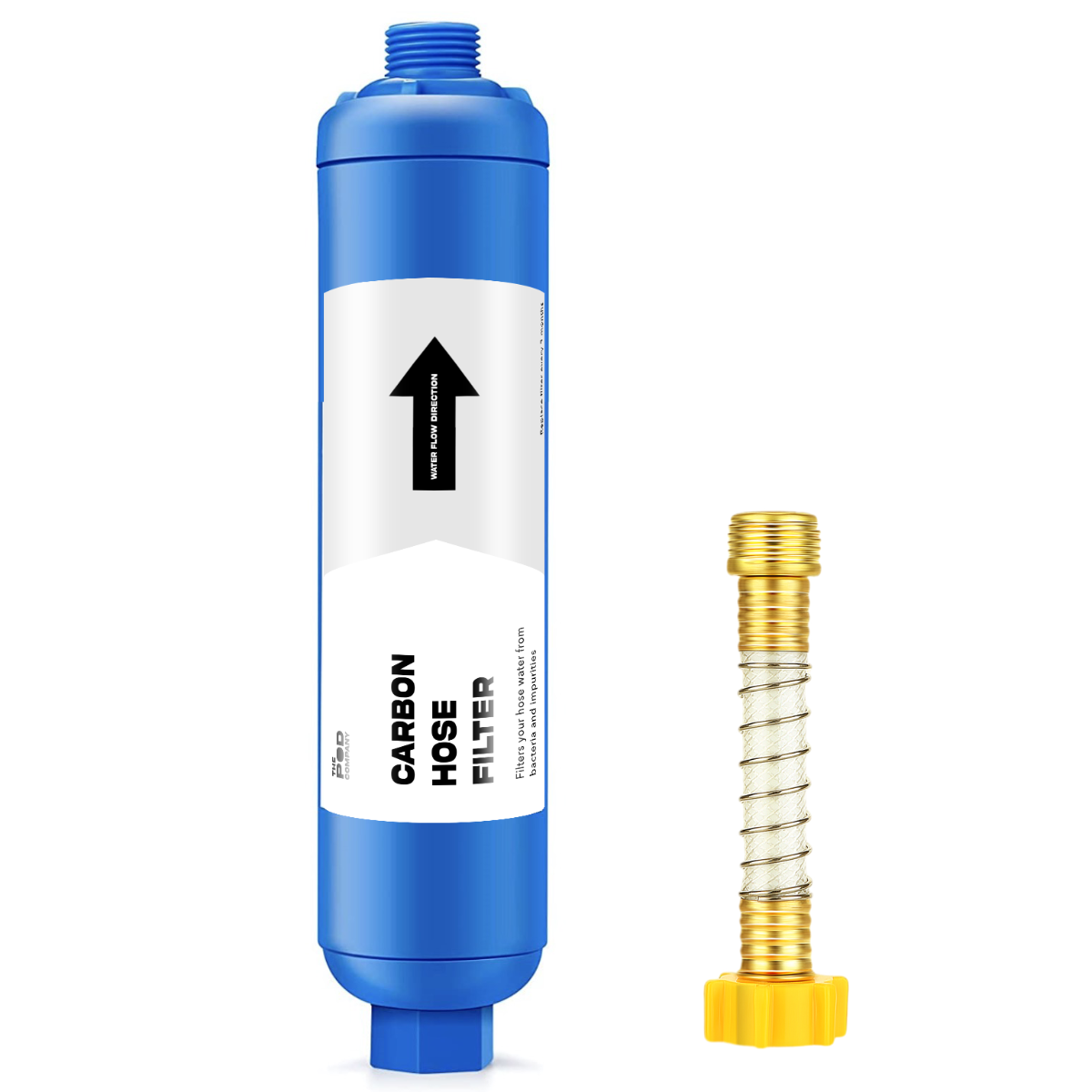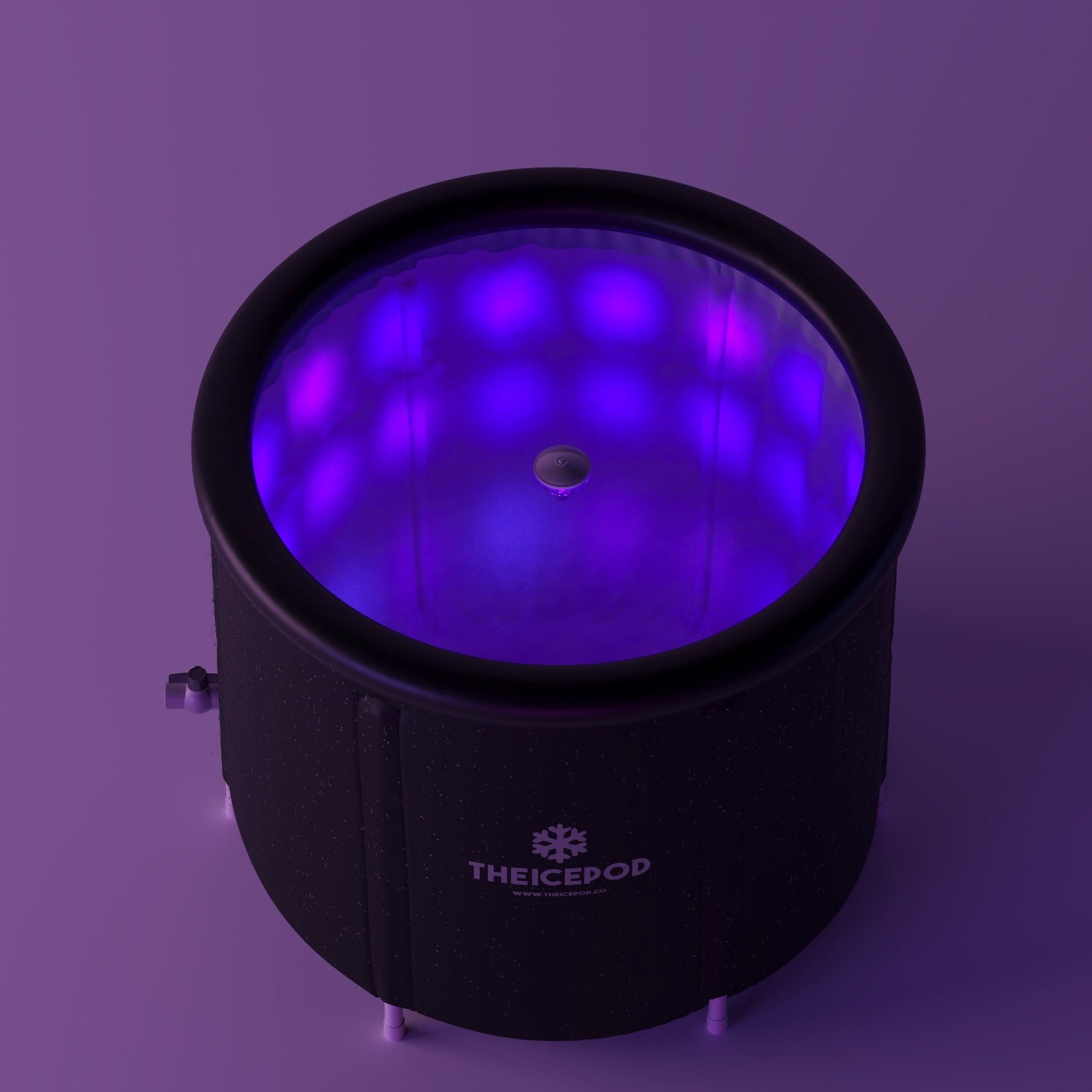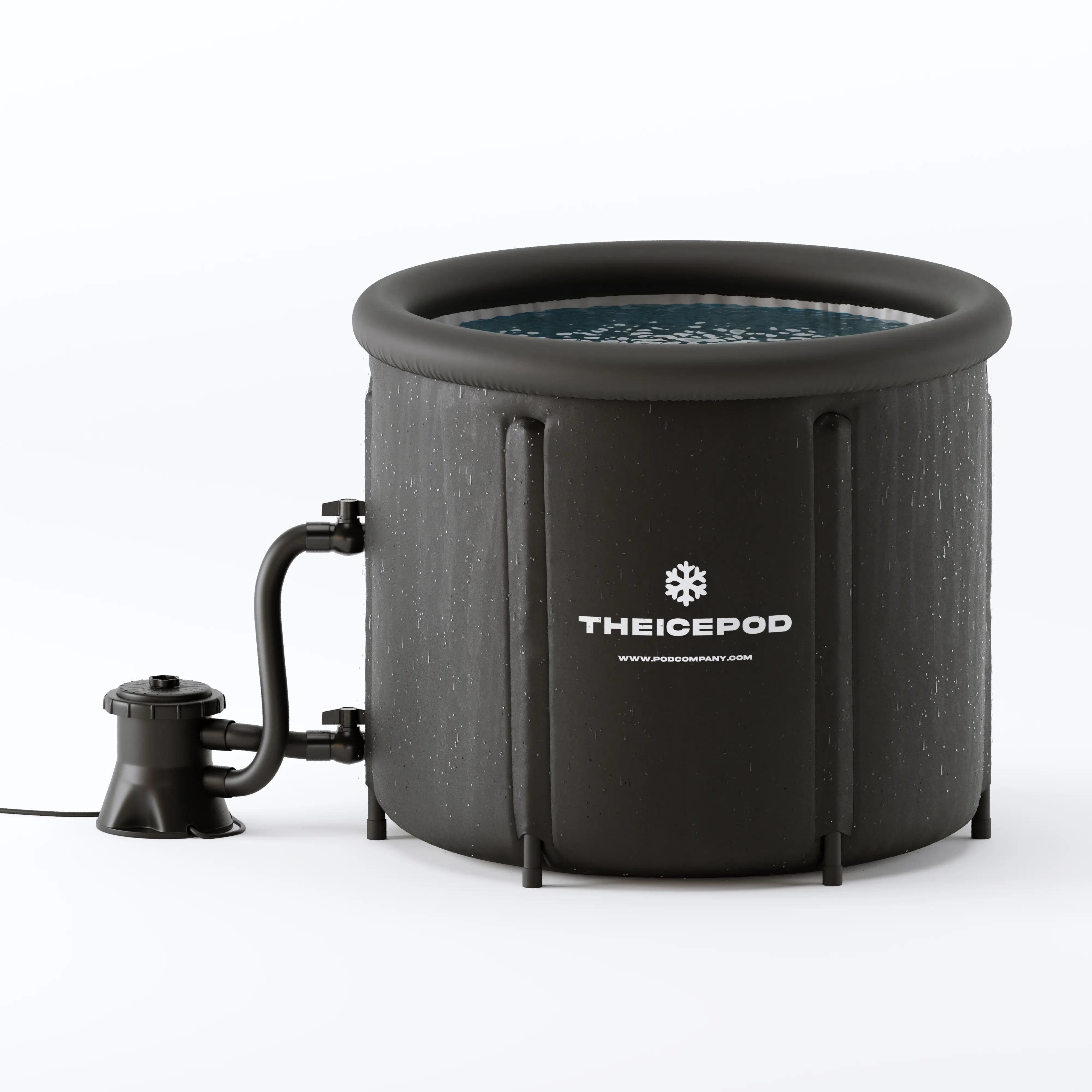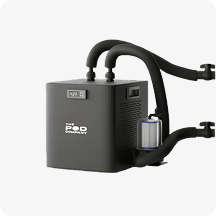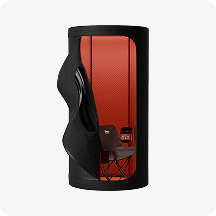How to Increase Daily Energy
Feeling low on energy throughout the day can affect your productivity, mood, and overall well-being. Fortunately, there are natural and effective ways to boost your energy levels, allowing you to stay focused, active, and energized. This article explores various strategies to increase daily energy, from dietary changes to lifestyle adjustments, helping you feel your best every day.
Understanding Energy Levels
Energy is the fuel that powers both physical and mental activities. Your body generates energy from the food you eat, and your daily habits play a significant role in how efficiently you use this energy. Factors like sleep quality, hydration, stress, and diet can either boost or drain your daily energy levels.
Why Is Maintaining Energy Important?
Maintaining consistent energy levels throughout the day is crucial for:
- Productivity: Higher energy levels allow for better focus and work performance.
- Physical Health: Adequate energy supports overall physical activity and helps avoid burnout.
- Mental Well-Being: When your energy levels are balanced, you're less likely to feel irritable or overwhelmed.
How to Increase Daily Energy
Boosting your energy involves making adjustments to your lifestyle, including dietary habits, physical activity, and mental wellness. Here are some effective ways to increase your energy levels and maintain them throughout the day.
1. Prioritize Sleep Quality
Getting enough quality sleep is essential for restoring energy levels. Poor sleep leaves you feeling drained and unfocused, making it harder to get through the day.
- Establish a Consistent Sleep Schedule: Go to bed and wake up at the same time every day to regulate your body’s internal clock.
- Optimize Your Sleep Environment: Keep your bedroom cool, dark, and quiet. If you find yourself overheating at night, try using The Pod Company’s Ice Pods to keep your body temperature low, which can help improve sleep quality and, in turn, boost daily energy.
- Limit Screen Time Before Bed: The blue light emitted by screens can interfere with melatonin production, making it harder to fall asleep.
2. Eat Energy-Boosting Foods
The food you eat plays a significant role in your energy levels. Opt for nutrient-dense foods that provide long-lasting energy.
- Complex Carbohydrates: Foods like whole grains, sweet potatoes, and oats provide steady energy throughout the day, as they release glucose slowly into the bloodstream.
- Protein-Rich Foods: Incorporate lean proteins like chicken, fish, and beans, which help maintain muscle function and provide sustained energy.
- Healthy Fats: Include sources of healthy fats, such as avocados, nuts, and olive oil, which provide energy and support brain function.
- Fruits and Vegetables: Eating fruits and vegetables, especially those rich in antioxidants like spinach and berries, can help fight fatigue and keep your energy levels up.
3. Stay Hydrated
Dehydration is a major cause of fatigue, as it slows down bodily functions and reduces cognitive performance.
- Drink Plenty of Water: Aim for at least 8-10 glasses of water per day to stay hydrated and energized.
- Limit Sugary Drinks and Caffeine: While these beverages can give you a temporary energy boost, they often lead to crashes, leaving you feeling more tired later in the day.
4. Engage in Regular Physical Activity
Exercise is one of the best ways to boost energy. It enhances circulation, improves mood, and increases the body’s ability to deliver oxygen and nutrients to your tissues, giving you more stamina throughout the day.
- Moderate Exercise: Activities like walking, swimming, or yoga can increase your energy levels without exhausting you. A brief 10-15 minute walk can give you an immediate energy boost.
- Strength Training: Building muscle through resistance training can improve overall energy levels by boosting your metabolism and promoting better sleep.
- Cold Therapy: After exercise, consider using cold therapy, such as The Pod Company’s Ice Pods, to help your muscles recover faster. The cooling effect reduces inflammation and soreness, allowing you to maintain energy for the next workout.
5. Manage Stress Effectively
Stress is a major energy drain, leading to both physical and mental exhaustion. Finding ways to manage stress can help you conserve energy and stay focused throughout the day.
- Deep Breathing Exercises: Practicing deep breathing or mindfulness techniques can reduce stress and improve mental clarity.
- Break Tasks into Smaller Steps: Avoid feeling overwhelmed by breaking larger tasks into smaller, manageable steps. This keeps you productive and reduces stress.
- Meditation: Incorporating meditation into your daily routine can help clear your mind, reduce stress, and increase energy levels.
6. Take Short Breaks
Taking regular breaks throughout the day prevents burnout and helps recharge your energy levels.
- Follow the 25-5 Rule: Work for 25 minutes, then take a 5-minute break to recharge. Use this time to stretch, walk around, or do something relaxing.
- Power Naps: A quick 10-20 minute nap during the afternoon can help reset your energy levels and improve focus without disrupting nighttime sleep.
Foods to Avoid for Sustained Energy
While some foods provide long-lasting energy, others can cause energy crashes. Avoid or limit these foods to maintain stable energy levels:
- Sugary Snacks: Foods high in refined sugars, such as candy, soda, and pastries, can cause blood sugar spikes followed by crashes, leaving you feeling more tired.
- Processed Carbohydrates: White bread, white rice, and pasta offer quick energy but may lead to a crash once the body burns through the simple sugars.
- Excessive Caffeine: Although caffeine can give a temporary energy boost, too much of it can lead to jitteriness, anxiety, and energy dips later in the day.
Common Energy Drainers and How to Avoid Them
- Inconsistent Sleep Patterns: Irregular sleep can disrupt your circadian rhythm, leading to fatigue. Stick to a regular sleep schedule to optimize energy levels.
- Sedentary Lifestyle: Sitting for prolonged periods can drain your energy. Take breaks to move around, stretch, or exercise to stay energized.
- Overeating or Heavy Meals: Large meals, especially those high in carbs and fat, can leave you feeling sluggish. Opt for smaller, more frequent meals to sustain energy.
When to Seek Medical Advice
If you experience persistent fatigue despite making lifestyle changes, it may be a sign of an underlying health condition such as anemia, thyroid issues, or sleep disorders like sleep apnea. Consult with a healthcare professional to rule out medical causes of chronic low energy.
Conclusion
Increasing daily energy requires a combination of good sleep, a balanced diet, regular exercise, and effective stress management. By incorporating energy-boosting foods, staying hydrated, and taking regular breaks, you can maintain high energy levels throughout the day.
Using tools like The Pod Company’s Ice Pods can further enhance your recovery, particularly after physical activity, ensuring you stay energized and ready for the next challenge. Remember, small changes to your routine can make a big difference in how energetic and productive you feel.
With these strategies, you’ll be able to power through your day feeling more refreshed, focused, and energized.








